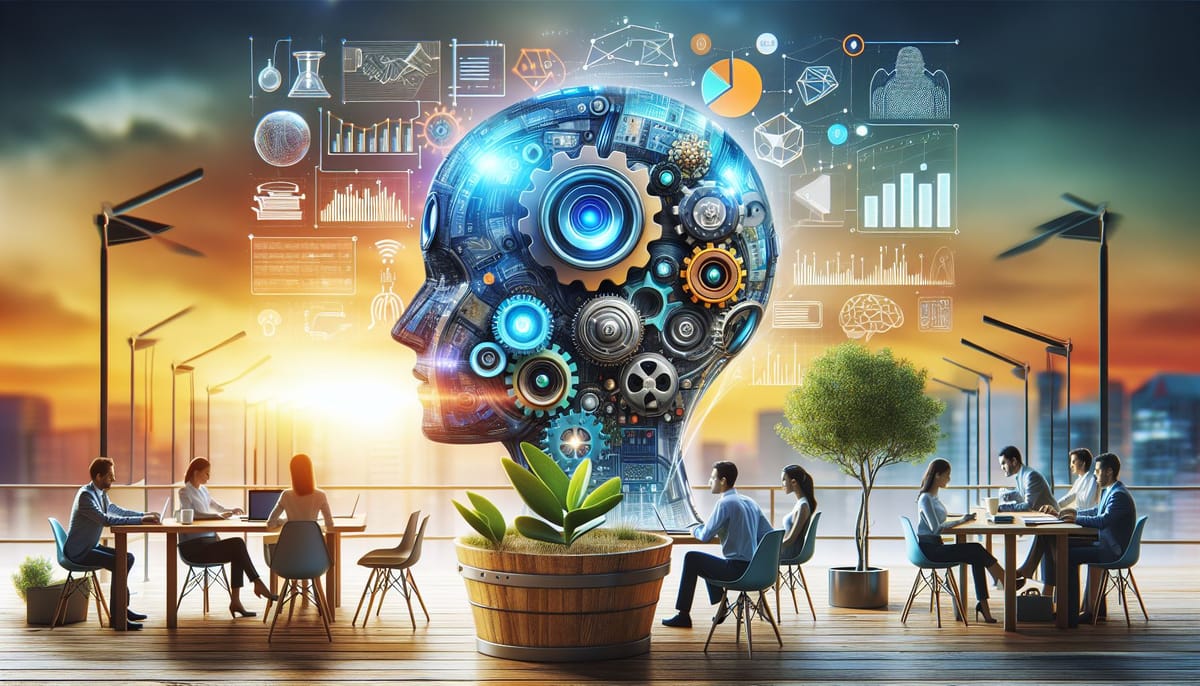The Unstoppable Rise of Machine Learning: A Journey Through Innovation

Machine learning, a subset of artificial intelligence, has revolutionized the way we solve complex problems and make decisions. From self-driving cars to personalized recommendations, machine learning is at the core of many technological advancements that are shaping our world today. In this article, we'll explore the evolution of machine learning, its key concepts, and its impact on society.
Evolution of Machine Learning
Machine learning traces its roots back to the 1950s when researchers began exploring ways to enable computers to learn from data. Over the decades, machine learning has evolved from simple rule-based systems to sophisticated algorithms capable of complex pattern recognition and decision-making.
Key Concepts in Machine Learning
- Supervised Learning: In supervised learning, the algorithm is trained on labeled data, where each example is paired with the correct output. The goal is to learn a mapping from inputs to outputs, enabling the algorithm to make predictions on new, unseen data.
- Unsupervised Learning: Unsupervised learning involves training the algorithm on unlabeled data, where the goal is to discover hidden patterns or structures in the data. Clustering and dimensionality reduction are common unsupervised learning tasks.
- Reinforcement Learning: Reinforcement learning is a paradigm where an agent learns to make decisions by interacting with an environment. The agent receives rewards or penalties based on its actions, allowing it to learn the optimal policy over time.
- Neural Networks: Neural networks are a class of algorithms inspired by the structure of the human brain. They consist of interconnected nodes, or neurons, organized into layers. Deep learning, a subset of neural networks, has been particularly successful in solving complex problems like image recognition and natural language processing.
Impact of Machine Learning
Machine learning has had a profound impact on various industries and aspects of society:
- Healthcare: Machine learning is being used to improve diagnostics, personalize treatment plans, and discover new drugs, leading to better patient outcomes and reduced healthcare costs.
- Finance: In finance, machine learning is used for fraud detection, algorithmic trading, and risk management, enabling more efficient and secure financial transactions.
- Transportation: Autonomous vehicles rely on machine learning algorithms to navigate roads safely and efficiently, promising to revolutionize the way we travel.
- Marketing and E-commerce: Machine learning powers recommendation systems that personalize the shopping experience for consumers, increasing engagement and sales.
The Future of Machine Learning
As machine learning continues to advance, we can expect to see even greater innovation and impact across industries. Areas such as explainable AI, federated learning, and quantum machine learning hold promise for further enhancing the capabilities of machine learning systems.
In conclusion, machine learning has come a long way since its inception and is poised to transform our world in ways we never imagined. As researchers and practitioners continue to push the boundaries of what is possible, the future of machine learning looks brighter than ever.